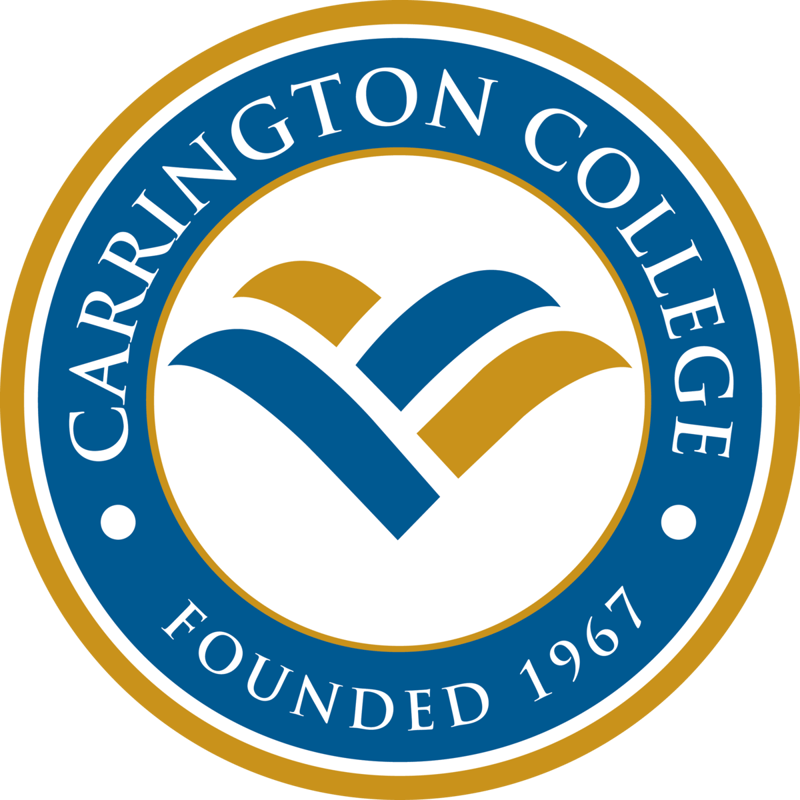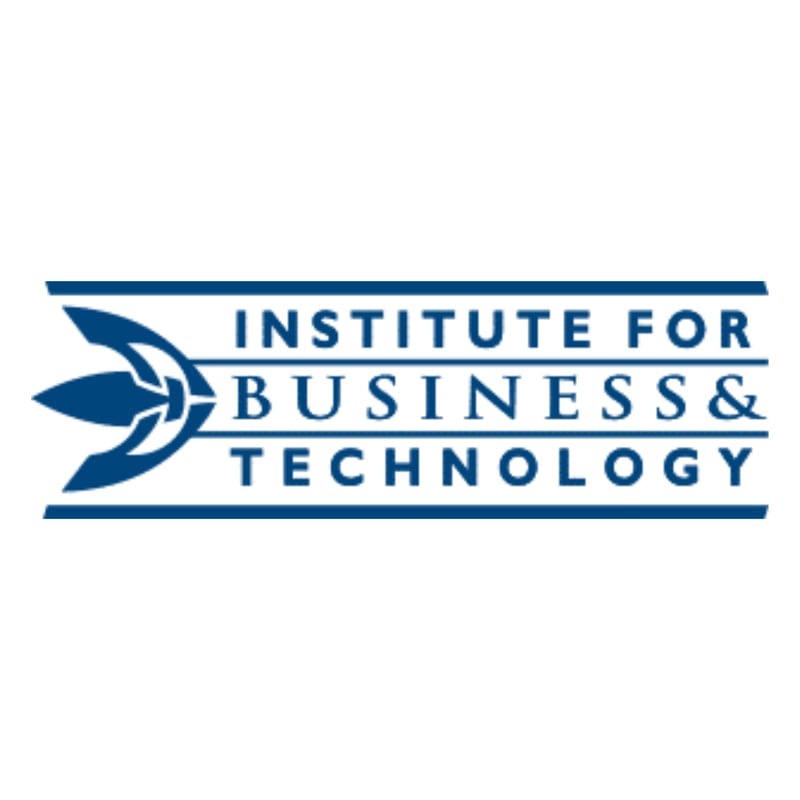
Financial aid (may be available)

No cost info

Financial aid (may be available)

Financial aid (may be available)
No cost info
No cost info

Financial aid (may be available)
$4,147 total
$8,046 total
This Registered Respiratory Therapy program is 100% online and is designed as a nontraditional track for individuals who have completed an associate's degree in respiratory care and have already earned the Registered Respiratory Therapist (RRT) credential granted by the National Board for Respiratory Care. Our courses are taught by full-time faculty who are Registered Respiratory Therapists with advanced degrees and extensive clinical training and experience.
No cost info
The University of Cincinnati's online Bachelor of Science in Respiratory Therapy program is designed to improve real-world clinical competence while preparing active respiratory therapy professionals for a lasting future in the healthcare industry. The robust and engaging curriculum challenges students, promoting a deeper understanding of advanced healthcare operations, logistics, technology, leadership, ethics, and project management. Delivered by the industry-experienced faculty in the UC College of Allied Health Sciences, the online program advances respiratory therapy practice and research by focusing on current and future industry standards. The end result is a clinician who can make significant contributions to the field while positively affecting the future of respiratory care for a diverse range of patients. Build on your experience, define your practice, and prepare for the future. Develop the expertise needed for advanced practice and leadership opportunities. Interact and network with an industry experienced faculty and healthcare professionals. Earn a bachelor of science in respiratory therapy in as few as 20 months (5 semesters). Continue working while your learn with flexible, 100 percent online classes.
No cost info
A bachelor’s degree in respiratory therapy from MU will help you provide the hands-on care that assists in recovery and management of a wide range of medical conditions. If you hold the NBRC RRT credential or the Canadian equivalent, this may be the degree for you.
No cost info
Working primarily in hospital settings, respiratory therapists are responsible for an extremely wide range of patients. From the smallest infants to the elderly, from long-term disease to emergencies, respiratory therapists must be prepared for everything. Our program will give you access to expert instruction and the cutting-edge skills you need to advance your career.
This is a degree completion program. Students must have earned an associate degree in respiratory care, hold your RRT from the National Board of Respiratory Care (NBRC), and currently licensed to practice to be eligible for admission.
No cost info
Respiratory Therapy careers are projected to grow 23% by 2026, and because East Tennessee State University allows more transfer credits than most universities, an online B.S. in Respiratory Therapy from ETSU can save you valuable time and tuition dollars while helping you move forward faster.
The Respiratory Therapy (Cardiopulmonary Science) Completion Program at ETSU is an accredited, online program dedicated to providing advanced instruction emphasizing best practices in clinical respiratory therapy based on scientific inquiry.
No cost info
In a world where healthcare needs are on the rise, the role of a Respiratory Therapist has become more crucial than ever. This professional healthcare career is both rewarding and challenging, and offers a unique opportunity to directly improve patients' lives. For those in San Jose, numerous respiratory therapist classes are available to help you kickstart your career in this fulfilling field.

A Respiratory Therapist is a specialized healthcare professional who cares for patients suffering from heart and lung conditions such as asthma, pneumonia, and chronic obstructive pulmonary disease. Their role often involves assessing patients, developing treatment plans, and administering therapies. They work in various healthcare settings, including hospitals, nursing homes, and rehabilitation centers.
Training to become a Respiratory Therapist involves a mix of theoretical knowledge and practical skills. The educational journey usually includes:
An Associate Degree: This is the minimum requirement to practice as a Respiratory Therapist. The degree typically includes courses in anatomy, physiology, microbiology, and pharmacology.
Bachelor's Degree: While not a requirement, some Respiratory Therapists opt for a Bachelor's degree to enhance their knowledge and skills, and increase their career advancement opportunities.
Clinical Experience: Irrespective of the degree pursued, students are required to gain hands-on clinical experience in respiratory care.
Before enrolling in a Respiratory Therapist class, consider the following factors:
Accreditation: Ensure the program is accredited by recognized bodies like the Commission on Accreditation for Respiratory Care (CoARC).
Course Curriculum: The curriculum should cover essential topics and provide a balance between classroom instruction and clinical experience.
Faculty Expertise: Experienced faculty can enrich your learning experience with their real-world insights.
Facilities: The program should provide access to modern medical equipment and facilities for practical training.
Respiratory Therapist classes blend theoretical instruction with hands-on training. You can expect:
Lectures: These provide foundational knowledge in subjects like anatomy, physiology, and pharmacology.
Laboratory Work: Practical skills are honed through lab work, where you'll learn to use respiratory care equipment.
Clinical Rotations: These provide exposure to real-world healthcare settings, allowing you to apply your knowledge and skills to patient care.
After completing the educational requirements, aspiring Respiratory Therapists must pass a national exam to obtain the Certified Respiratory Therapist (CRT) credential. Some may choose to further their qualifications by obtaining the Registered Respiratory Therapist (RRT) credential, which involves additional exams.
Upon certification, Respiratory Therapists can find job opportunities in various healthcare settings. Job boards, networking events, and professional organizations can be excellent resources for job hunting. You may also find helpful information on how to become a Respiratory Therapist in California on Dreambound's blog.
Once you're a certified Respiratory Therapist, you may consider additional training to advance your career or broaden your skill set. Possible options include:
Certified Pulmonary Function Technologist (CPFT): Offers specialized knowledge in pulmonary function testing.
Sleep Disorders Specialist: Focuses on diagnosing and treating sleep-related breathing disorders.
Pediatric Advanced Life Support (PALS): Provides skills in treating critically ill children and infants.
Advanced Cardiovascular Life Support (ACLS): Enhances skills in treating cardiac emergencies.
If you're interested in exploring other careers within the healthcare industry, you might consider the following roles:
Physical Therapy Technician: They assist physical therapists in providing therapy treatments and procedures. Find out more about how to become a Physical Therapy Technician in California.
Phlebotomist: They draw blood for tests, transfusions, research, or blood donations. You can learn how to become a Phlebotomist in California on Dreambound's blog.
Pharmacy Technician: They help pharmacists dispense prescription medication to customers or health professionals. Check out how to become a Pharmacy Technician in California.
Certified Medication Aide: They administer medications as prescribed by a physician and under the supervision of a nurse. Learn more about how to become a Certified Medication Aide in California.
Becoming a Respiratory Therapist can be a rewarding career choice. It offers the opportunity to make a difference in patients' lives while working in a fast-paced, ever-evolving field. With the right training, you can be at the forefront of healthcare, providing essential services to those in need.
Remember to conduct thorough research and consider your interests and career goals when choosing a Respiratory Therapist class. Your journey into this fulfilling career starts with the right education, and San Jose offers plenty of opportunities to get started. Happy learning!
Dreambound simplifies your start in this field with tailored guides for various cities. If life takes you elsewhere or you're thinking about a move, our other guides can help you figure out what to expect.
Exploring diverse professional options? Dreambound has comprehensive guides to assist you in making well-informed decisions. Take a look at these resources:
Dreambound's platform allows prospective students to find the right educational program for them through searching, filtering, and connecting with our extensive selection of career & technical education partners.
Dreambound has over 70 programs across healthcare, technology, business, and industrial trades. This includes programs such as Medical Billing, Cybersecurity, and welding.
Some of our schools offer financial aid for those who qualify. Many others offer payment plans, where you can pay the cost of class over time.
Yes, Dreambound offers many online programs. On Dreambound's search, you can filter by online, in-person, and hybrid (part online, part in-person).
Dreambound is completely free for you to use! We are supported by schools and organizations who pay to advertise on our website, so we can offer all of our career resources for free.